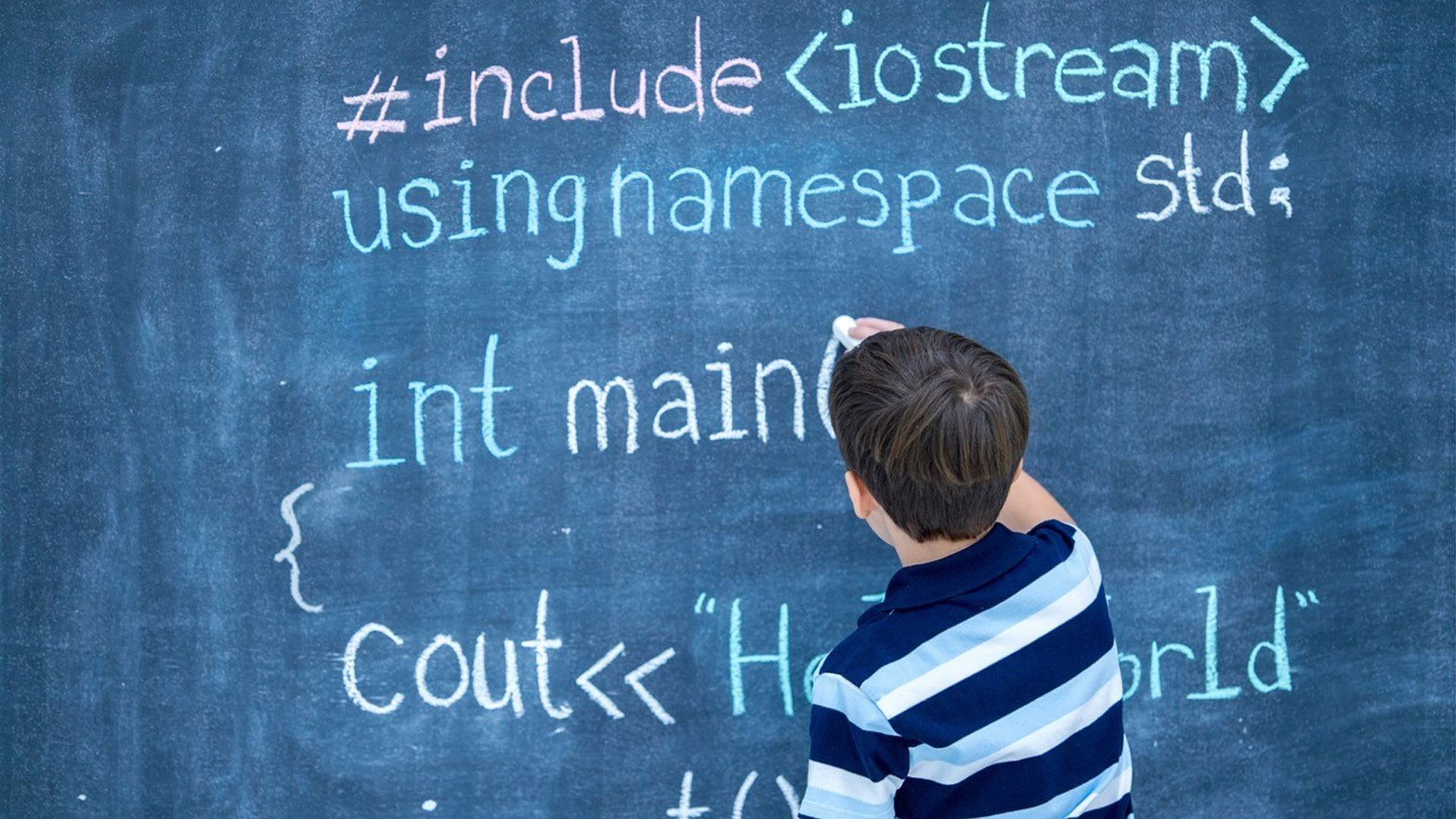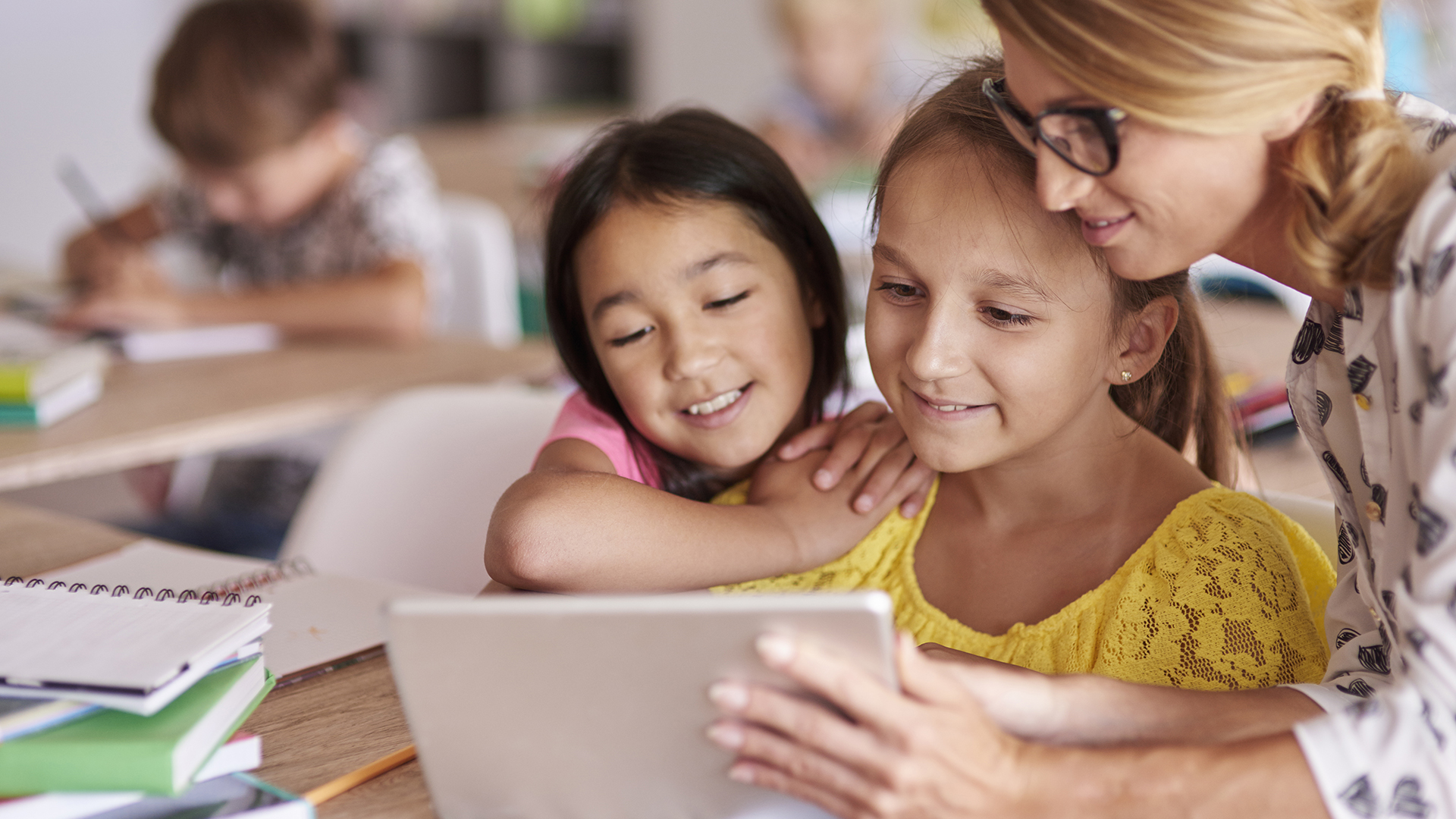Nina Newman, PhD
Doctoral faculty, Infant & Early Childhood Development
MAy 7, 2020
 As we look to Mother’s Day in this unprecedented time, it is an opportunity to reflect on what this pandemic is teaching us about mothering (parenting), the importance of relationships, and the true nature of development. As many families’ lives have been upended and their daily routines and support abruptly halted or diminished, the first impulse has been to grip onto ‘normal’ and try to re-create in another mode, most often through screen time. This is especially true for children who have been expected to resume their educational experiences online, even in pre-school. Consequently, parents are expected to take on the roles of teachers, reinventing home schooling with no guide and often no time. Added to this stress are the challenges of balancing children and work from home or, in some cases, unexpected lost employment and the accompanying financial worries. As such, many parents are facing real concerns for their families’ future, which in turn create adult worlds rife with emotional dysregulation and, consequently, dysregulation in our children’s. Yet, being a good mother (parent) in this age of uncertainty does not require perfection or the ability to teach long division.
As we look to Mother’s Day in this unprecedented time, it is an opportunity to reflect on what this pandemic is teaching us about mothering (parenting), the importance of relationships, and the true nature of development. As many families’ lives have been upended and their daily routines and support abruptly halted or diminished, the first impulse has been to grip onto ‘normal’ and try to re-create in another mode, most often through screen time. This is especially true for children who have been expected to resume their educational experiences online, even in pre-school. Consequently, parents are expected to take on the roles of teachers, reinventing home schooling with no guide and often no time. Added to this stress are the challenges of balancing children and work from home or, in some cases, unexpected lost employment and the accompanying financial worries. As such, many parents are facing real concerns for their families’ future, which in turn create adult worlds rife with emotional dysregulation and, consequently, dysregulation in our children’s. Yet, being a good mother (parent) in this age of uncertainty does not require perfection or the ability to teach long division.
Despite the derailment of typical life, opportunities arise in this slowed down world to think about what is important and how we might emerge from this crisis with a better understanding of who we are. Currently, there is pressure for children to continue their studies – whatever the age – so they don’t fall behind, as if this is a set race with only one kind of finish line and in only one kind of time frame. As children and families struggle to comply with inconsistent or unreasonable expectations that have been frequently shaped by adult anxiety, parents are left with feelings they are failing their children or, worse, permanently compromising their futures. This is to misunderstand development and what underlies academic and social success and beyond. Social emotional development, or feelings of well-being, driven by nurturing relationships with parents or primary caregivers, is, actually, the foundation of school readiness, higher level cognitive skills (executive functions), and academic success. It is not cognitive drills or Apps. Specifically, positive primary relationships build and help maintain in children emotional control and self- regulation, which are essential for attention, impulse control, the ability to hold in mind information and use it, and to interact appropriately with peers and other adults. Translated, this means if children can be steady in themselves, are able to adapt (be flexible) to changes, and, most importantly, feel safe and secure, they will be able to develop the skills they need to succeed. Whatever content they may miss will be able to be made up when the time is right.
As such, this Mother’s Day, it is more important to be first and foremost a mother (parent), to have reasonable expectations for yourself, and push back when external forces ask you to do something which creates more stress than good. Read to your children, have them read to you, bake, draw pictures, take walks, grow plants. Give and get hugs and remember by keeping yourself regulated you will be more than halfway to helping your children do the same. If you need to feel you are doing something worthwhile with your children at this time, this is it. By preserving and supporting their well- being, their senses of humor, and reasonable mind sets, you will be supporting all the skills they will need when life changes yet again. Remember, you are building resilience in your children and helping them to shape thoughtful, flexible minds for a future in which they will have to adapt because, pandemic aside, this is the nature of life. So, this Mother’s Day the best gift you can give yourself is to know you are enough and that by being present with your children you can give them all that they need to both survive and thrive during this time and in the future.
ABOUT THE AUTHOR:
Join Over 7,500 Fielding Alumni Located Around The World!
Change the world. Start with yours.™







Get Social